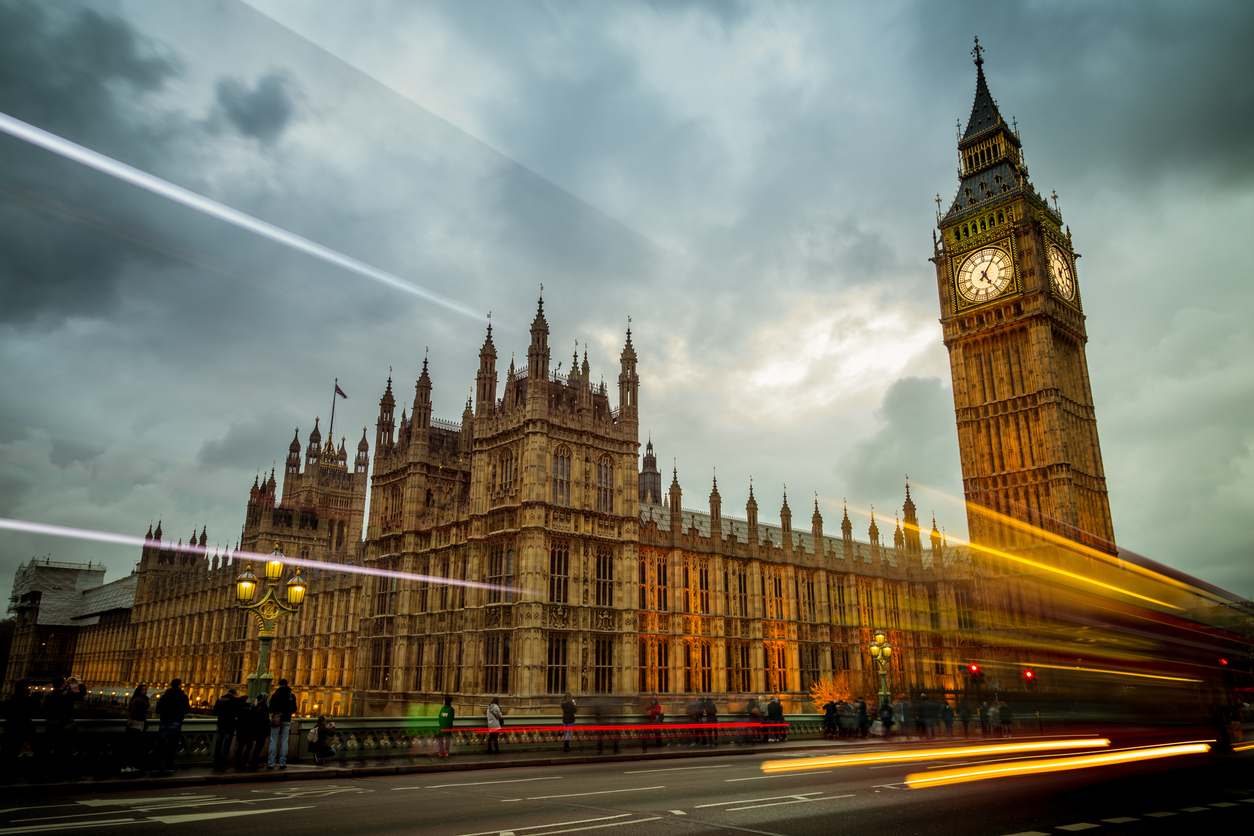All Party Parliamentary Groups (APPGs) are too easily set up and lack independent scrutiny, according to a rare joint intervention by the Speakers of both Houses of Parliament.
House of Commons speaker Sir Lindsay Hoyle and Lords speaker Lord McFall have written in a letter that Parliament’s reputation is being put at risk by the groups, which can be funded by lobbyists.
APPGs are informal, cross-party groups formed by MPs and Members of the House of Lords who share a common interest in a particular policy area, region or country. They are not-official parliamentary vehicles, and critics say they open up MPs to influence from third parties and lobby groups.
The Speakers want to stop the number of APPGs, which already tops 700, from proliferating further. They also want to make it tougher to set an APPG up, calling for APPGs to publish accounts and more donation information than is available at present.


In the letter, which was directed to Chris Bryant, chair of the standards committee, the Speakers said: “The current system has not prevented reputational risks to Parliament or the proliferation of APPGs.
“We consider our proposals would ensure that APPGs really commanded support from members and would increase transparency without overly increasing the burdens on APPGs, which can provide a valuable means for members to learn and engage on topics they consider are important.”
They called for one person to be given the power to block new APPGs, adding: “We reiterate the view that there should be a defined gatekeeper role for such groups”, they wrote. “Mr Speaker has previously suggested that the chairman of ways and means could usefully perform this role in the Commons, though there could also be a place for joint Lords involvement in performing this function”.
However, MPs would have to approve any further changes to the rules governing APPGs, and it’s unclear whether they might resist further reforms.
It comes following months of criticism of APPGs which have highlighted issues with the way the groups are currently regulated.
Earlier in January, Sky News and Tortoise Media revealed that the groups have received over £20m worth of funding from external organisations since the 2019 general election, with registered lobbying agencies dominating the ranks of the biggest benefactors.
Analysis by Politico found that a small cluster of British MPs are making foreign visits collectively worth £453,000 since entering parliament, with the trips arising out of the MPs’ memberships of “country APPGs”.
Lobby industry representatives have defended APPGs as an important aspect of the parliamentary process. Sarah Pinch, a former president of the Chartered Institute of Public Relations, said the issue with APPGs was not about how they were funded, but the activity they undertook.
“I think there are a minority of APPGs that are funded by certain organisations who are peddling their line and they are trying to unfairly influence parliamentary decisions through a system that was not set up to do that”, she said.
In their letter, the speakers added: “It is of central importance that at the same time the applicant should also explain how and by whom the APPG would be funded… There should be more rigour about the AGMs of APPGs.
“We consider it should be a requirement that AGMs are chaired by a member of the panel of chairs (or potentially a Lords equivalent) from outside the APPG itself.
“We consider there are sufficient personnel available to undertake this task, and to ensure the proper conduct of Annual General Meetings.
“AGMs should consider an annual report from the officers, as well as the accounts of the organisation. AGMs should not be considered valid if these were not available, and APPGs failing to meet this requirement should consequently be struck from the register.”
They concluded: “We recognise that an increased level of scrutiny before APPGs are established could potentially give rise to an impression that the activities of a particular APPG are then ‘endorsed’ by both Houses of Parliament”.












